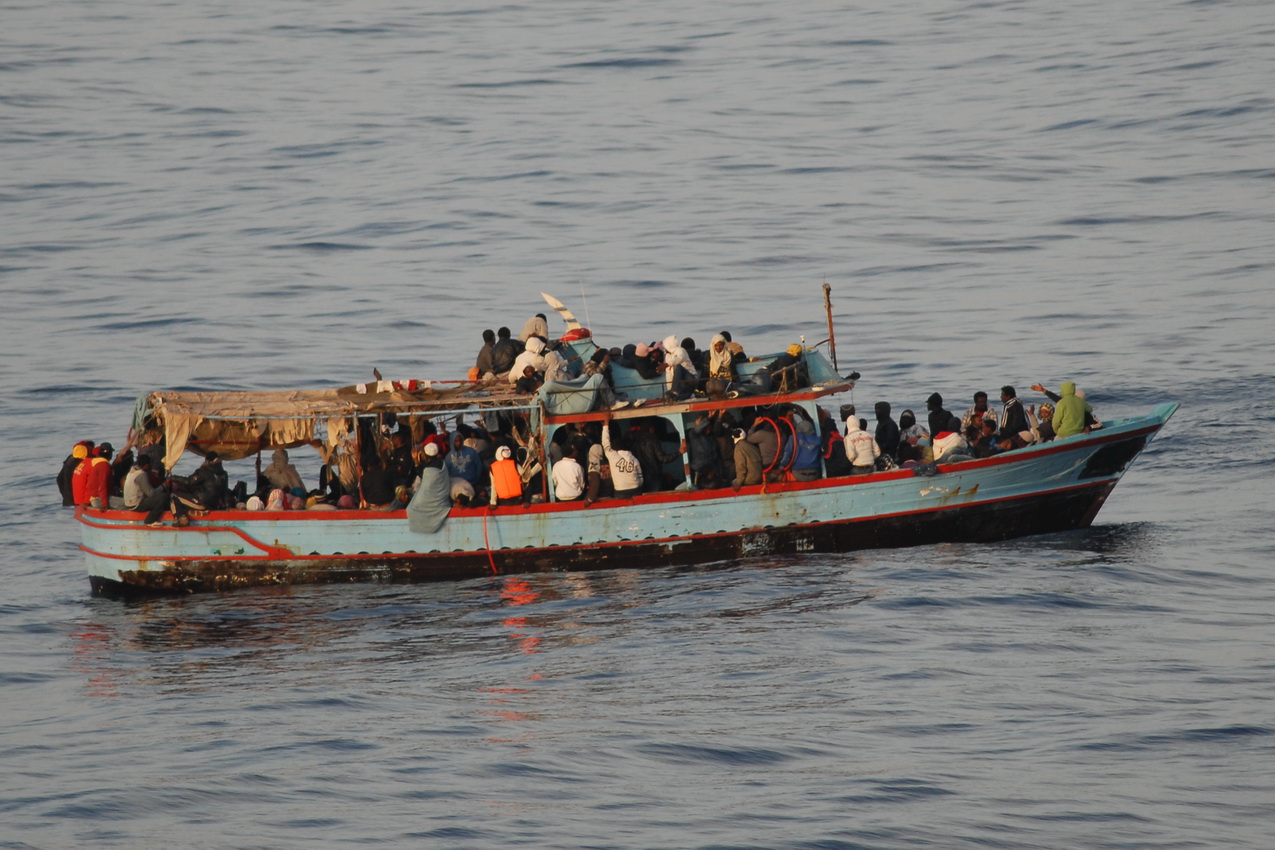A second term for José-Manuel Barroso: far from certain?
(archives) The renewal of the Portuguese José-Manuel Barroso as President of the European Commission for a second term, given as certain, at the beginning of January by certain commentators, is no longer really acquired by looking at political developments in Europe.
Whatever the procedure used (Treaty of Nice or Lisbon), the President of the European Commission is, in fact, appointed by the Heads of State and Government but he must also be dubbed by the European Parliament from the ballot box. To ignore the democratic configuration is to take a certain risk of censorship. The Buttiglione episode in 2004 proved this when the prospective Italian commissioner was ejected for what he thought was a “good” word against homosexuals and nearly dragged the Commission down with him.
Heads of government at work
If many heads of government said in early January that they wanted to support Barroso. Many of them immediately added: "for the moment" A candidate for lack of anything better. Especially since local or general elections are looming in several countries (Germany, Belgium, Bulgaria, Latvia, etc.) which could change the situation. The former right-wing Portuguese Prime Minister has not, however, been unworthy of the mission entrusted to him by the Heads of Government in 2004: to weaken the Commission and facilitate agreements between governments. No one wanted a new “Delors”, “Santer” or even “Prodi” who, each in their own way, insisted on asserting the independence of “Brussels”.
But this strategy has shown these limits, in particular with the lack of reaction in the financial, economic and social turmoil tomorrow that marks Europe. Thus, including within his political family, the European People's Party (EPP), the one who was close to Bush seems to belong to the past. And the reconstituted German couple, Nicolas Sarkozy and Angela Merkel, seem determined to push for an alternative. The true-false candidacy of the Dutch Prime Minister, Jan-Pieter Balkenende is therefore not due to chance and is more like a trial balloon.
The European Parliament as arbiter
In the European Parliament, it is difficult to determine 100 days before the elections what will be the majority resulting from the ballot boxes. Especially since the number of deputies will change, going from 785 to 736. But according to the first projections made by the Expansion Letter, based on national polls, even if these vary brutally from one day to the next. On the other hand, there is a relative stability of the major groups: Christian Democrats in the EPP, Social Democrats in the PSE, Centrists and Liberals in the ALDE. Losses in one country offset gains in another. The EPP would however keep its title of first group. But will the advance be as clear as today? Especially if the British Tories, the Czechs of the ODS and other Euroscepticss decide to make a separate group. The PES – despite an expected poor score in Italy and Hungary – is not crumbling as expected. There are two reasons for this: in 2004, the score was so bad in the United Kingdom and in Germany that it is difficult to repeat it. And the “economic crisis” effect works in their favour. On the other hand, the movement takes place at the extremes.
The thrust of the Ultra-left is clear in all countries (+ 10/15 seats). While on the far right and among the populists, it is more confused. The relative fall of the PiS in Poland and of the UKIP in the United Kingdom, two large countries, could relativize the arrival of Libertas, which remains confined to small countries. At least, for now. These developments have one constant: the EPP, essential in any alliance within Parliament, could lose this monopoly. An alternative going from the center to the ultra-left becomes possible. At least on paper. This puts the Liberals or the Socialists in a position of strength. And further weakens Barroso's chances of being nominated. The leaders of the current groups: the German Schulz (PSE), the British Watson (ALDE) and the Franco-German Cohn-Bendit do not carry the current President of the Commission in their hearts.
The High Representative, the “real” strongman of the Commission
According to the Lisbon Treaty, the High Representative “for foreign affairs and security policy” becomes the strong man” of the European Commission, in the same way as its president, see more. Replacing the Spaniard Javier Solana will therefore be difficult. His successor becomes both Vice-President of the European Commission and President of the Council of Foreign Ministers. And he participates in the European Summit. As commissioner, he has the right to vote on all matters, even those that are not under his direct jurisdiction.
Compared to a national government post, he thus combines the portfolios of Foreign Affairs, Defense and a bit of Bercy. The position is prestigious. But to occupy it, you need several conditions such as international experience. Among the possible suitors: the Swede Carl Bildt, the Finn Alexander Stubb, Dutch Jaap de Hoop Scheffer, current Secretary General of NATO unless France presents a candidate. Two people currently fulfill the criteria, on the French side: Michel Barnier ou Bernard Kouchner.
Nicolas Gros Verheyde
published in The expansion letter, February 2009
